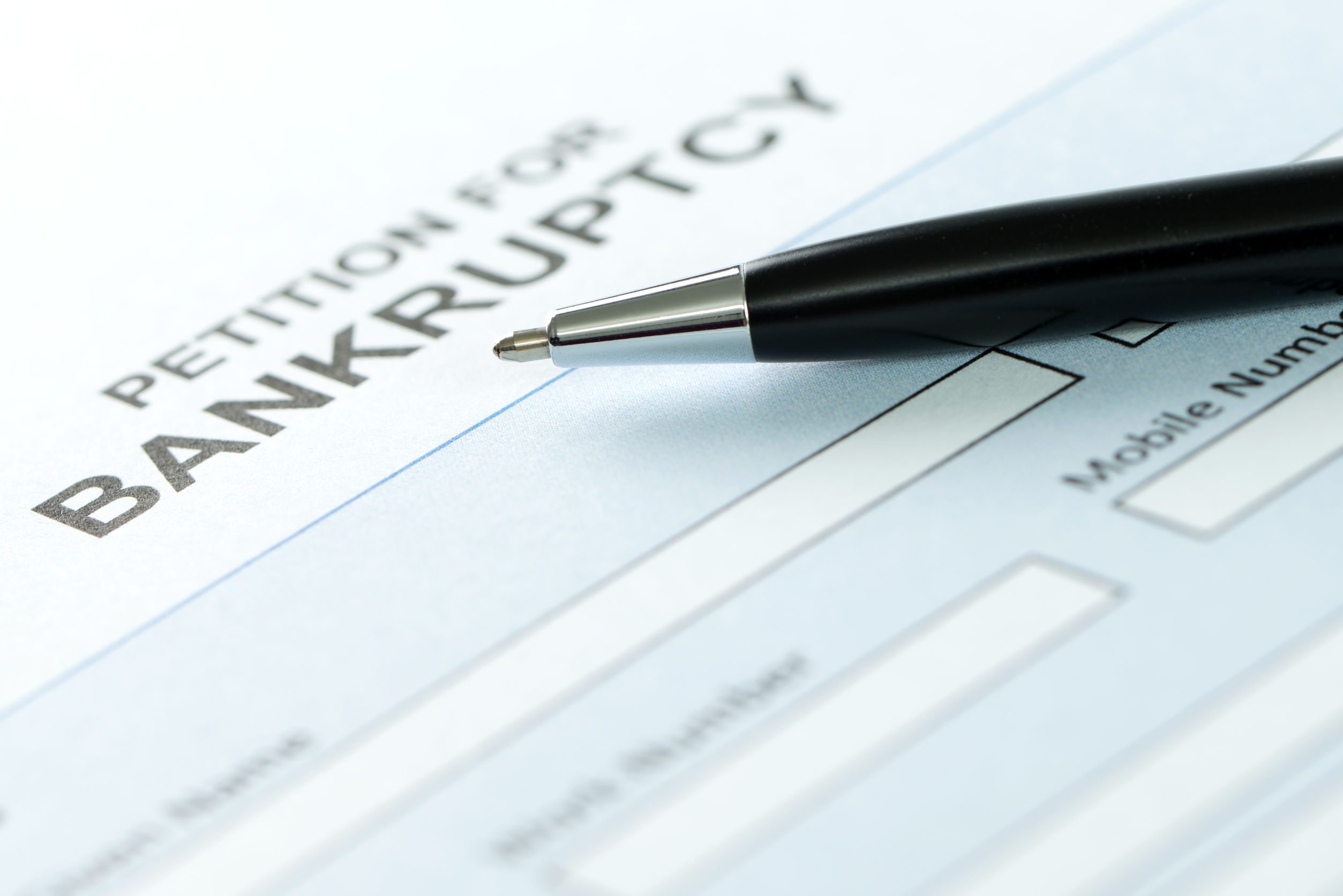What Is Bankruptcy?
For starters, bankruptcy is a legal proceeding that occurs when an individual or organization is no longer able to repay debts owed. During bankruptcy, a debtor’s assets are numbered, evaluated, and may be used to help repay the debt. Typically, bankruptcy benefits both the debtor and creditor because the creditor can obtain a portion of the repayment, and the debtor can obtain debt forgiveness.
Bankruptcy is handled through federal bankruptcy court, and typically, the debtor will not have direct involvement with these proceedings as a court-appointed trustee should be assigned to the case. However, we highly recommend qualified legal counsel for the filing process.
Types of Bankruptcy
The various types of bankruptcy fall into a few different categories called “chapters”. Here are some of the more common chapters: Chapter 7 regarding liquidation, Chapter 11 regarding reorganization, and Chapter 13 regarding a repayment plan.
Chapter 7: Liquidation Bankruptcy
This is the most common type of bankruptcy for individuals. In this type of bankruptcy, a trustee will evaluate your assets and determine what can be liquidated or sold for immediate repayment of a portion of your debt. Cash, stocks, bonds, second homes, and other valuable items are assets that can be liquidated.
It’s also important to note that not all debts can be forgiven through Chapter 7 bankruptcy. Unsecured debts are debts that can be erased. These include credit cards, utility bills, medical bills, etc. Chapter 7 bankruptcy cannot clear student loan debt, tax debt, or any debt with collateral attached. If the debtor has no nonessential assets of value, then they might not be required to pay anything back.
Chapter 11: Reorganization
Businesses commonly file for Chapter 11. This type of bankruptcy allows the business to continue operating while requiring a reorganization of debt and a plan to increase profitability. This is all under the court’s supervision.
Chapter 13: Repayment Plan
Chapter 13 is used when someone doesn’t qualify for Chapter 7 because they make too much money. Individuals and businesses who file for Chapter 13 are given a designated amount of time to repay their debts. They also don’t have to liquidate their assets.
Consequences of Bankruptcy
When deciding whether or not to file for bankruptcy, it’s important to consider the consequences. Bankruptcy leaves a significant mark on your credit score, and when you declare Chapter 7 bankruptcy, it will reflect on your credit history for ten years. Chapter 13 bankruptcy typically stays with your credit for seven years.
You also cannot immediately file for another bankruptcy. Legally, you have to wait eight years after an initial declaration to file again. On the positive side, this may erase a crushing load of debt.
When to Declare
It’s often hard to know when bankruptcy is the right decision because of all of the consequences attached. If your debt is becoming overwhelming and you’re receiving a never-ending stream of phone calls from collectors, however, it may be the right time to declare bankruptcy.
Possible alternatives to bankruptcy include forbearance, loan modification, and other kinds of debt negotiation. Make sure to consider all of your options, and seek out financial and legal advice before making your decision.
How to Declare
Once you’ve exhausted other options and have resorted to bankruptcy, you can follow these steps to declare bankruptcy for yourself or your business:
- Complete a mandatory credit counseling session with a government-approved agency.
- Obtain quality legal counsel (we highly recommend this step).
- Submit a Means Test Form (this helps determine which chapter you’ll file under).
- Fill out financial statements showing income, assets, and debts.
- Submit a complete bankruptcy petition.
- Your court-assigned trustee will arrange a meeting of creditors.
- Your judge then decides your case.
We’re Here to Help
Whether you decide to declare bankruptcy or not, you’ll want to do everything you can to avoid getting into a similar situation in the future. Obtaining financial and legal advice can make a huge difference when it comes to your personal finances or your business. Here at Esplin | Weight, we’re eager to answer any questions you have. Contact us today!

